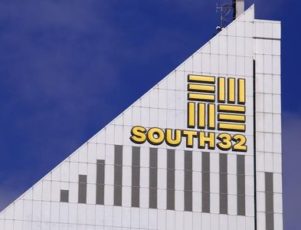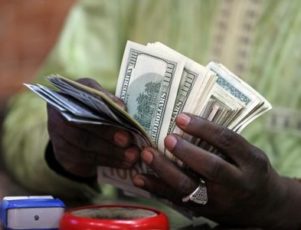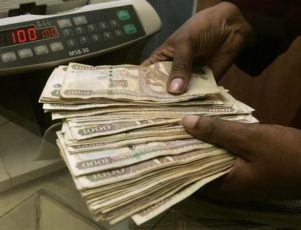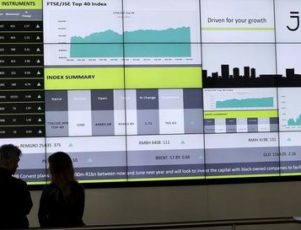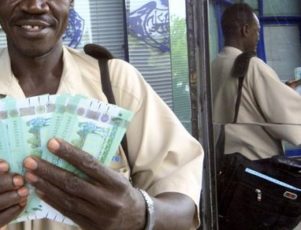JOHANNESBURG (Reuters) – Nigeria has cut a fine imposed on MTN Group by more than a third to $3.4 billion and given the South African mobile phone operator until the end of the year to pay it, the company said on Thursday.
The Nigerian Communications Commission handed Africa’s biggest mobile phone company the penalty in October after MTN failed to cut off users with unregistered SIM cards from its network.
Nigeria, MTN’s biggest market, has been pushing telecoms firms to verify the identity of subscribers amid worries unregistered SIM cards were being used for criminal activity in a country facing the insurgency of Islamic militant group Boko Haram.
The fine, originally $5.2 billion, prompted MTN to hold talks with the NCC over the past five weeks seeking a reduction.
“After further engagements with the Nigerian authorities, the NCC has reduced the imposed fine,” MTN said in statement.
The company, which makes about 37 percent of its sales from Nigeria, said it was considering the NCC’s decision.
“Executive Chairman Phuthuma Nhleko will immediately and urgently re-engage with the Nigerian authorities before responding formally,” it said.
Nhleko, who took charge for up to six months after the abrupt resignation last month of Sifiso Dabengwa, led the company for nine years before stepping down in 2011.
The fine came months after Muhammadu Buhari swept to power in Africa’s biggest oil producer, after a campaign in which he promised tougher regulation and a fight against corruption.
It also came after the kidnapping on Sept. 21 of Olu Falae, former Nigerian finance minister, by people whom the regulator said had used MTN phone lines to negotiate a ransom.
Some analysts have said the size of the fine risked damaging Nigeria’s efforts to shake off its image as a risky frontier market for international investors. Others said the fine showed Africa’s biggest economy was keen to enforce the law.
Separately, MTN announced a shake-up of its senior management structure in an effort to strengthen oversight, governance and regulatory compliance across its operations in 22 countries in Africa and the Middle East.
MTN’s Nigeria head Michael Ikpoki and the head of regulatory and corporate affairs Akinwale Goodluck have resigned with immediate effect, MTN said.
The company named Jyoti Desai, a 14-year veteran of the Johannesburg-based firm, as chief operating officer with effect from Dec. 1. Desai’s replacement as Group Chief Technology and Information Officer will be announced soon, MTN said.
(By Tiisetso Motsoeneng. Editing by Miral Fahmy and Mark Potter)
Read more


